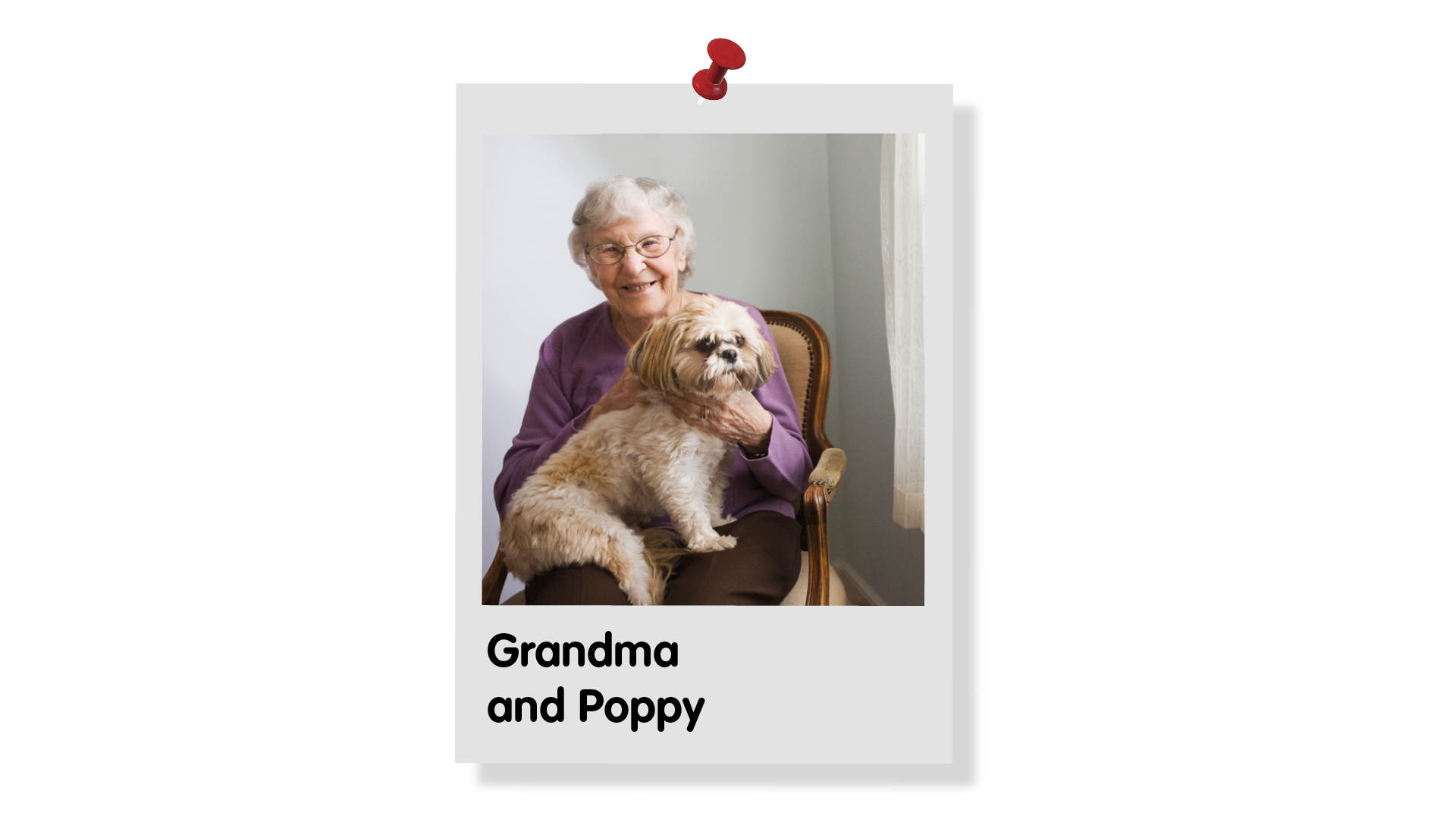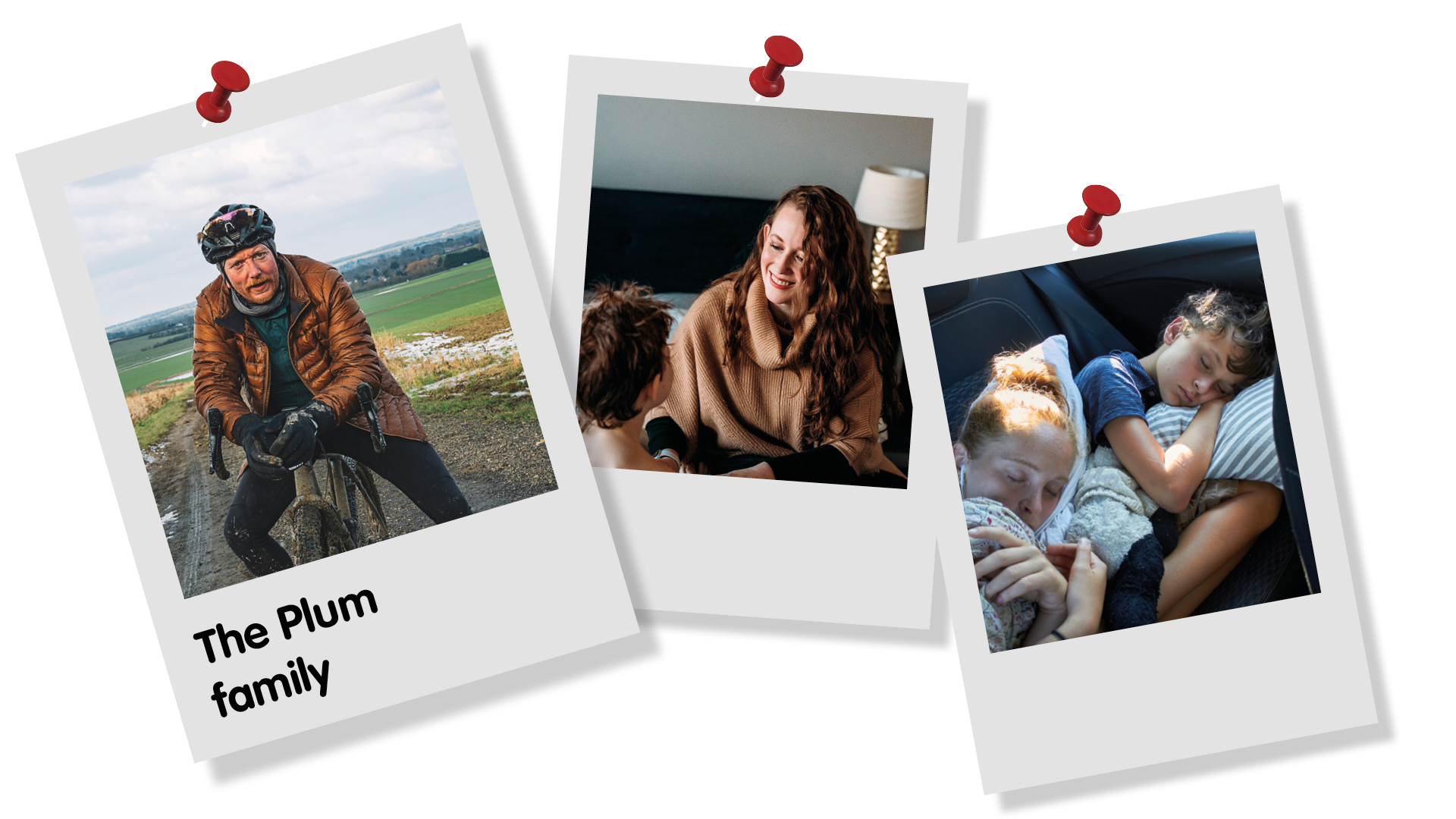EMBARGOED UNTIL 8AM 11 JULY
Carbon Monoxide Alarm Regulations: Are you ready?
MPs celebrate/welcome new alarms laws
This year, the laws are changing for smoke and carbon monoxide alarms in the UK.
To raise awareness of the new rules, a new campaign ‘Carbon Monoxide Alarms Save Lives’ launches today [Monday 11 July] and will run all summer until 28 August, thanks to sponsorship from Britain’s four gas distribution networks: Wales & West Utilities, SGN, Northern Gas Networks, and Cadent.
Carbon monoxide – ‘the silent killer’ – cannot be detected by human senses. However, a sounding alarm can to alert occupants to dangerous levels of carbon monoxide. This year, many more domestic properties will be legally required to have such alarms.
The change to the law follows years of campaigning by the All-Party Parliamentary Carbon Monoxide Group, which has been formally calling for carbon monoxide alarms to be required in many more homes since 2017.
The group’s chair, Barry Sheerman MP says:
“By making carbon monoxide alarms a legal requirement, governments are sending a strong message – carbon monoxide is seriously harmful. If you don’t have an alarm, you need to get one for your home as soon as possible.
“Carbon monoxide poisoning can kill. It can cause harm to our vital organs and is particularly dangerous for pregnant women and children. Please join our campaign to spread the word about carbon monoxide alarms this summer – and make sure your home is protected.”
The newly launched campaign will show the public how to stay safe from carbon monoxide and explain why homes need carbon monoxide alarms. You can join in too – download the digital asset pack for the campaign for free.
For help understanding these regulations or to seek legal advice, please contact Citizen’s Advice, who provide a free advice service for England, Scotland, Wales, and Northern Ireland.
__________________________________________________________________________________
Notes for editors
What is carbon monoxide?
Carbon monoxide can form when any carbon-based fuel is burnt. Typical sources include gas appliances, petrol engines, and solid fuel (e.g., fires and stoves). The NHS states that severe carbon monoxide poisoning causes around 60 accidental deaths in England and Wales every year. Exposure to carbon monoxide at sub-lethal levels causes common, non-specific symptoms, (e.g., headaches, nausea, dizziness), and therefore is thought to be under-reported.
The regulations for each nation in detail
Scotland
Since February 1st, 2022, all Scottish homes are required to have a carbon monoxide alarm in all rooms where there is a fixed combustion appliance (excluding an appliance used solely for cooking) or a flue. In rented properties, landlords are responsible for supplying the alarm. Carbon monoxide alarms must meet the relevant British Standards (EN 50291-1), and must have ‘a sealed battery for the duration of its lifespan’ to prevent tampering or the need for battery changes.
England
The Smoke and Carbon Monoxide Alarm (Amendment) Regulations 2022 will come into force on October 1st, 2022, in England following debate in the Second Committee for Delegated Legislation on June 20th and approval in the House of Commons on June 21st. These changes will require carbon monoxide alarms to be installed in all rented accommodation and new build properties where there is a fixed combustion appliance, excluding gas cookers. Carbon monoxide alarms are also required when a fixed combustion appliance (excluding gas cookers) is first installed in any home. Both private and social sector landlords will have a duty to repair or replace alarms, once informed that they are faulty.
Wales
The Welsh Government recently announced that it will bring forward changes from December 2022 1st (delayed from July 15th, 2022) with the Renting Homes (Wales) Act 2016, which under the regulations for Fitness for human habitation (FFHH) will require landlords to ensure working carbon monoxide detectors are fitted in their properties where there is any gas appliance, an oil-fired combustion appliance or a solid fuel burning combustion appliance.
Northern Ireland
Carbon monoxide alarms are a mandatory requirement for all homes where a new fossil fuel appliance is installed in Northern Ireland, after a change to The Building Regulations (Northern Ireland) 2012 came into operation on 31 October 2012. The Private Tenancies Act, which requires carbon monoxide alarms to be installed in privately rented homes and places a duty on landlords to repair them, received Royal Assent on 27 April 2022.
About the All-Party Group
The All-Party Parliamentary Carbon Monoxide Group (APPCOG) is the leading forum for parliamentarians from both the Houses of Commons and Lords to work together to address carbon monoxide (CO) poisoning. Through its busy programme of events and research, the Group seeks to push the vital issue of carbon monoxide safety up the political agenda, to improve government policy, to support research and to raise public awareness of the threat posed by carbon monoxide. The All-Party Group is supported by the think tank Policy Connect and receives funding from the four Gas Distribution Networks (GDNs) to carry out its work.
For more information, please email the secretariat for the All-Party Parliamentary Carbon Monoxide Group (APPCOG), Laura Fatah at laura.fatah@polciyconnect.org.uk





